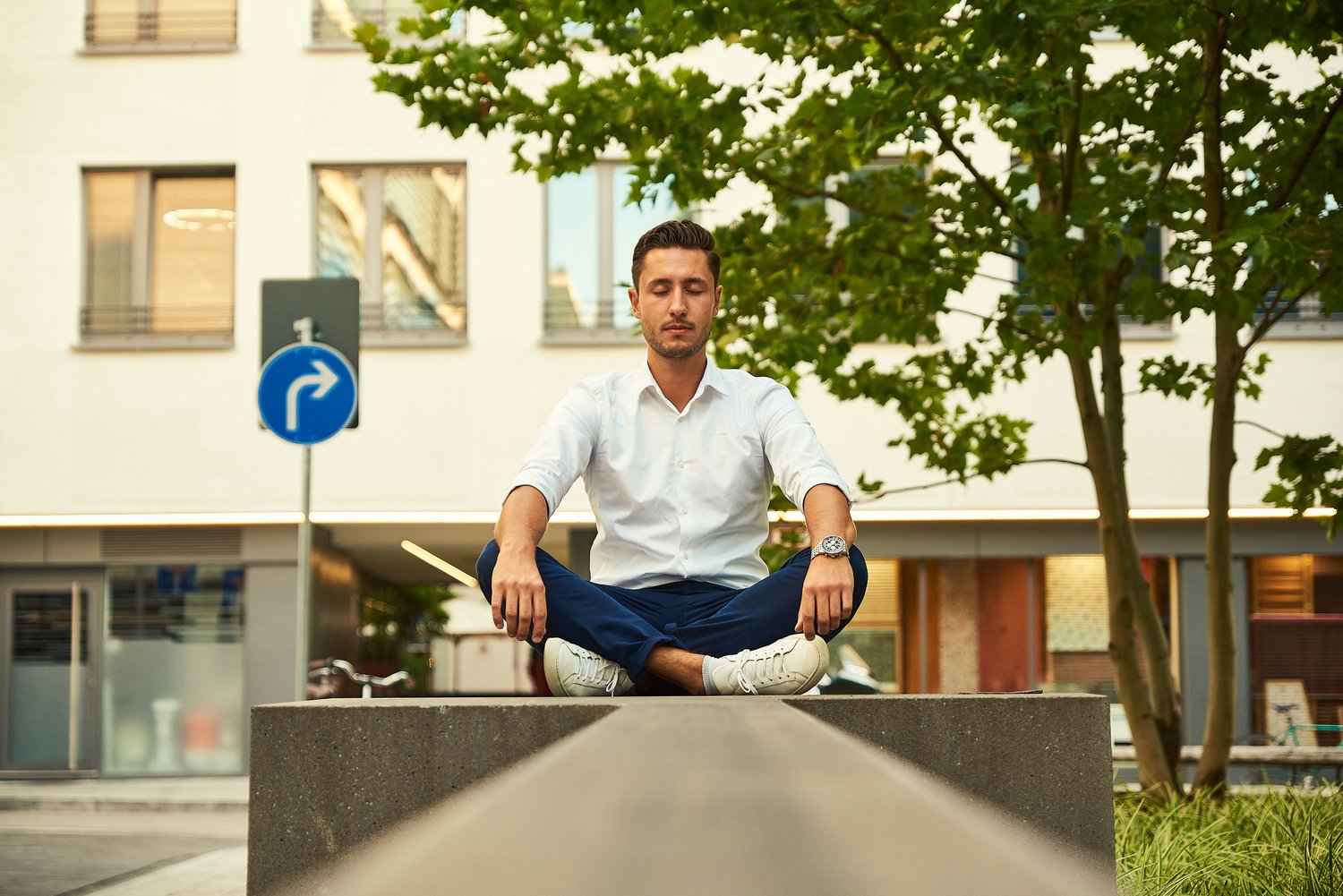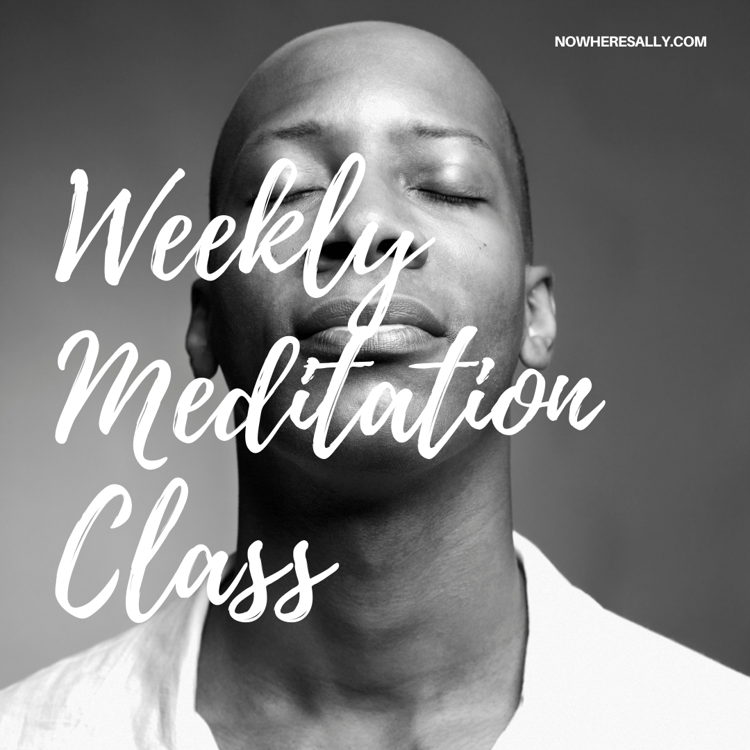Let's assume you have just reached a point when you do want to start having a daily meditation practice because you know it will be good for you, your mental health, and even for the people who interact with you daily.
Maybe you have read an article about all those research papers that list the incredible wonders that meditation can do for you, or you have a coworker who started meditating a few months ago and you can really see the difference in them now.
Whatever reason brought you to start meditating, I'm happy for you! But now, what?

You probably downloaded a meditation app or are using guided meditations on YouTube. Even if you start with determination, you might find it very difficult to stick to it every single day or to navigate the initial difficulties that will appear in the practice.
If this is not your first time meditating, then maybe you are trying to come back at it, and want to do better this time.
These three tips will serve beginner meditators as well as those who struggle to keep up with the practice or want to start again. I've found myself repeating them a lot in my live classes and I use them often myself too, when I struggle with my level of concentration or even with consistency. I'm sure you'll find something useful for you too.
Here we go:
What’s your motivation?
Human beings are driven by meaning. We can endure more hardship when we find meaning in it. Our brain is even designed to reduce our experiences of pain when we have decided they are worth it for some reason (like the pain of getting a beautiful tattoo or plastic surgery, for example).
Everything we do or don’t do is driven by the meaning we apply to it. So if you want to start meditating, you need to know WHY. And your WHY is personal. I can’t give you a WHY. You have to decide for yourself what is the deeper meaning of starting this practice.
One of my motivations to meditate is to reach a stable state of happiness and wellbeing, no matter what happens around me. To reach a sense of inner peace so profound, that instead of obsessing about my own feelings or traumas, my mind is free to truly focus on others and be of service to them.
I know that everything that I experience in my life, is filtered and governed by the mind. So meditation, which is the practice of deeply getting to know my mind, is what I need to do to master myself and my experience of life.
Find your motivation, and think about it often. It will be the reason that will keep bringing you back to practicing. Don’t underestimate it.
Pick the right objective.
Most people think that the goal they should aim at when sitting in meditation is to avoid distraction. And thus, when they get distracted, they get frustrated, and it feels like a failure.
When focusing on your chosen object, in many cases it will be the breath, don’t try to avoid distraction, instead, make it your goal to notice when you got distracted.
Every time your mind wanders, and you notice that it is not on the breath anymore, celebrate! You noticed! You succeeded! Bring back your focus to the breath and go again.
When you get frustrated or have negative feelings about something, your mind tends to want to avoid that thing as much as possible. If you get frustrated when you realize you are distracted, your mind will avoid letting you know that distraction is taking place to avoid those negative feelings.
But if you get happy every time you notice you got distracted, your mind will signal to you faster and faster that distraction is taking place, because its behavior is reinforced by positive feelings. Thus, you will get less and less distracted during meditation, because you will notice it sooner.
Stillness of the body brings stillness to the mind.
All meditators, no matter the level of practice, will have times when they sit to meditate and the mind is like an electrical storm of unstoppable thoughts. Let’s accept it right away. It will happen to you too.
Sometimes trying to regain focus is actually worse than not doing anything about it. You could choose not to meditate that day, but… you also know that creating a new habit needs consistent repetition.
So here’s a very important tip to remember:
In the same way that the mind affects the body, the body also affects the mind (that’s why sports are good for your mental health).
So in this case, if you can't get your mind to settle, use your body. Practice total stillness. Sit to meditate and don’t move. Be as still as you can. As if you are hiding from a tiger behind a thin tree. Simply observe your mind, and let it exhaust itself of all those thoughts while you stay still.
If you do it for long enough and patiently, the mind will slow down.
Extra tip: ENJOY IT
I already explained why positive reinforcement is so important to create a new habit and keep your meditation practice going with consistency. That’s why I also recommend that you rejoice in your practice every time you finish a meditation, no matter how well or bad you think it went.
Congratulate yourself. Be sincerely happy that you sat down and practiced, even if only for 5 minutes.
That will ensure that you keep coming back to it. If you see it as another task on your to-do list or another obligation, it won’t last. See it instead as your private time with yourself, a moment to recharge, a refuge from the busyness of the outside world, a way to reconnect with your deeper sense of self… pick what inspires you the most.
Have you noticed that these same tips could be applied to other aspects of your life outside meditation?

If you'd like to join a meditation group, every Thursday at 8pm CET, I teach a 30-minute class online for free and open to everyone, no matter your level of experience. Just subscribe at weeklymeditation.substack.com and you'll get a weekly reminder with a Zoom link to join the class.


